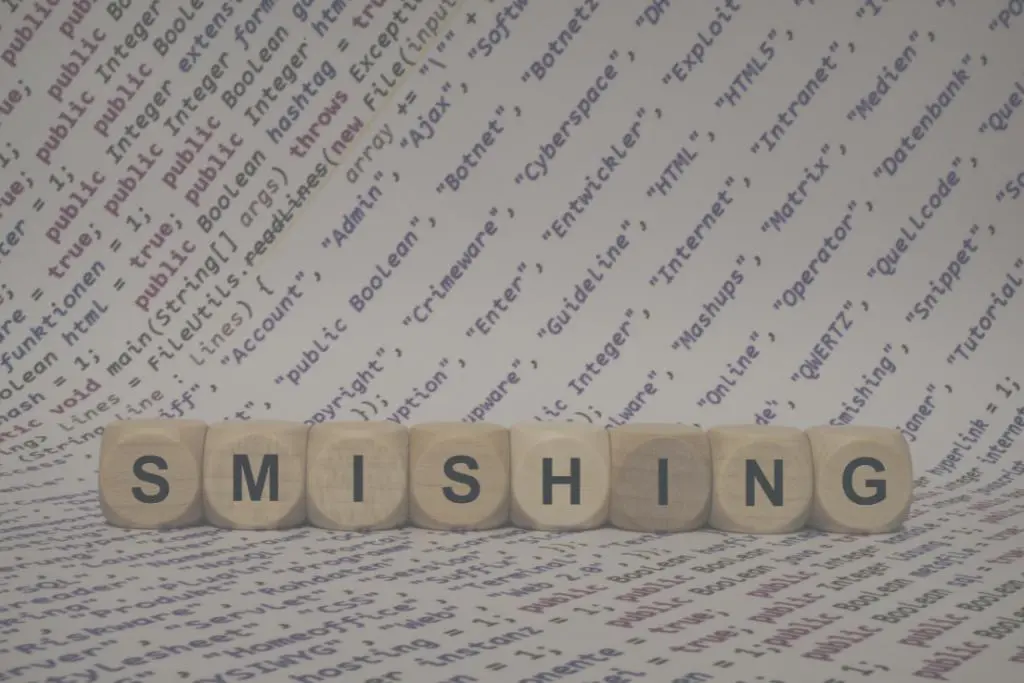Academic integrity is crucial in building a fair, honest, and responsible educational community. It guarantees the true worth of the students who obtain degrees from your institution, adding value to your educational institution.
While it is true that with new technologies, certain dishonest practices such as plagiarism or identity theft have become more sophisticated, new tools have also been developed to prevent and detect them.
To implement a policy of academic integrity, it is essential to understand what it is, but above all, it is necessary to know why it is crucial in educational institutions. To clarify these points, we have prepared the following helpful information for you, whether you have an educational project or are a student.

What is academic integrity
Academic integrity is the ethical foundation upon which the academic community is built. It encompasses a range of values, principles, and behaviors, including honesty, trustworthiness, fairness, responsibility, and respect for intellectual property.
Academic integrity is the backbone of a healthy academic environment, where all community members, including students, faculty, and staff, are expected to maintain the highest standards of ethical conduct.
However, with the rise of new Information and Communication Technologies (ICTs) in the academic environment, the phenomenon of dishonest practices is becoming an increasing problem through actions such as:
- Plagiarism: presenting someone else’s work as one’s own.
- Collusion: requesting unauthorized or unattributed collaboration from a student or third party.
- Falsification: exhibiting fictitious or manipulated data, references, or results.
- Copying: using a peer’s work and presenting it as one’s own.
- Deception: seeking advantages in unethical or dishonest ways.
- Identity theft: impersonating someone else to obtain a benefit.
To combat these actions, it is not enough to employ punitive practices. Still, it is essential to foster an understanding of the importance of academic honesty, the transcendence of original ideas, attribution when using others’ work, and other forms of integral conduct.
Why is academic integrity important in educational institutions?
Students need to understand the benefits of embracing this value to encourage the pursuit of truth and reject the use of objectionable practices that harm all members of society by extension.
The importance of academic integrity lies in the following reasons.
Subscribe today to SMOWL’s weekly newsletter!
Discover the latest trends in eLearning, technology, and innovation, alongside experts in assessment and talent management. Stay informed about industry updates and get the information you need.
Simply fill out the form and stay up-to-date with everything relevant in our field.
Firstly, it ensures students’ achievements are based on their abilities and efforts rather than cheating or plagiarism. This provides a fair and accurate assessment of student learning and progress, which is critical for the credibility of the educational institution.
Secondly, academic integrity promotes a culture of respect, honesty, and responsibility, which is essential for developing students’ ethical and professional values. By upholding the principles of academic integrity, students learn to value honesty and fairness, which will benefit them throughout their academic and professional careers.
Finally, academic integrity is crucial in maintaining the academic standards of an educational institution. It ensures that research and scholarship are conducted with the highest ethical standards and that the integrity of the institution’s degrees and diplomas is not compromised.
Let’s take a deeper look at some of them.

Promotes learning opportunities
Emphasizing honesty ensures that students acquire knowledge, competencies, and skills to increase their employability.
Ensures fair evaluation of learning
Academic integrity promotes the integration of knowledge by encouraging critical thinking and defining clear and transparent evaluation criteria.
At the same time, it allows students to realize the advantages of cultivating pride in their own work, respect for the originality of their ideas, and the power of seeing their efforts rewarded.
Fosters respect for learning
When students know their rights, including the right to fair and objective evaluations, they develop a respect for learning that will extend to their professional and personal lives.
Builds future integrity in the workplace
Academic integrity teaches future professionals behavioral pillars such as respect, truthfulness, and commitment, which will drive them to offer their best selves for their and the community’s benefit.
Highlights the importance of personal branding
Academic integrity defines individuals as students and in all areas of life, hence its importance in developing their personal brand. Additionally, students must understand that one bad action can quickly destroy the good reputation they have built through effort and perseverance.
Helps build an honest world
Individuals with integrity participate in building a society in their image and likeness.
Consolidates the value of academic degrees
An institution that protects and promotes academic integrity consolidates the value of its degrees by guaranteeing that those who have earned them have the necessary merit.

5 principles to promote academic integrity policies
At this point, the importance of implementing and adopting academic integrity by all educational community members becomes evident.
To achieve this, it is necessary to rely on effective mechanisms for preventing and detecting dishonest practices while actively protecting the principles of academic integrity to achieve excellence.
Although we have mentioned them to some extent, it is necessary to list the 5 fundamental principles of academic integrity that every institution should promote as a conclusion:
- Honesty: All work submitted by students must be their own original work, and any use of outside sources must be properly cited.
- Trust: Students and faculty must trust each other to adhere to academic integrity principles and avoid dishonest practices.
- Fairness: Evaluations and grading must be fair and consistent for all students, regardless of any personal factors.
- Respect: All academic community members should respect each other’s work and ideas and avoid academic misconduct.
- Responsibility: Students must take responsibility for their own learning and conduct, and institutions must provide the necessary support and resources to help them succeed with integrity.
At Smowltech, we want to help you implement an academic integrity policy in your institution. We have developed a series of proctoring products that allow you to prevent and detect dishonest practices such as identity theft or unauthorized access to sources or individuals during a distance assessment.
Request a free demo and discover why we are leaders in the sector.
Download now!
8 interesting
facts
about proctoring
Discover everything you need about online proctoring in this book to know how to choose the best software.
Fill out the form and download the guide now.
And subscribe to the weekly SMOWL newsletter to get exclusive offers and promotions.
You will discover all the trends in eLearning, technology, innovation, and proctoring at the hands of evaluation and talent management experts.



